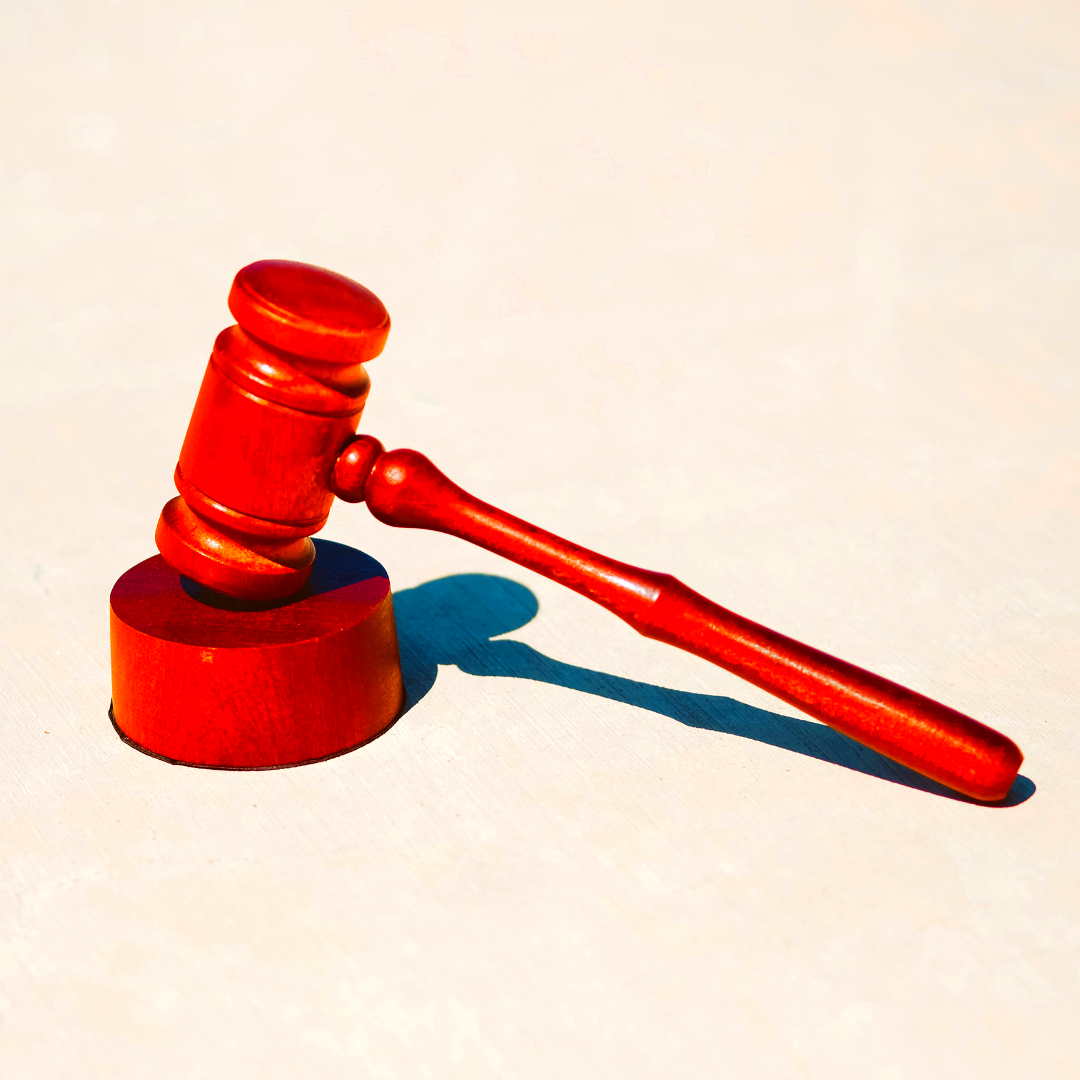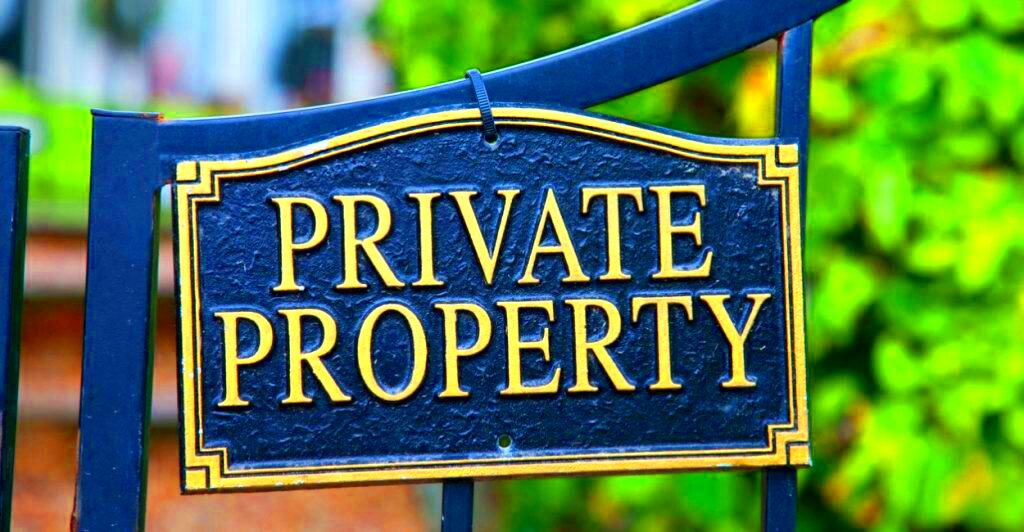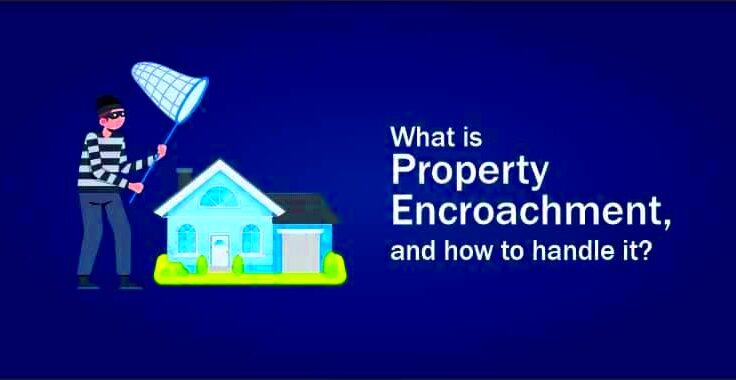How Encroachment Issues Are Handled Under Illinois Property Law
Encroachment is a situation when one property owner infringes on the rights of another by erecting or extending structures over their land. Such disagreement can result in a rift between neighbors. In Illinois, property law offers a way to settle these disagreements but is important for both homeowners and prospective purchasers to grasp the intricacies of encroachment.
There are several types of encroachment that can occur, such as:
- Physical Encroachment: This occurs when a structure like a fence, building, or tree extends beyond the property line.
- Temporary Encroachment: This might involve construction materials or equipment that occupy another person’s property during a project.
- Invasive Plants: Plants that spread beyond their boundaries can also lead to encroachment issues.
To know how to avoid disputes and protect their rights, encroachment understanding is vital for property owners.
Types of Encroachment Issues

Cases of incursion differ widely, and it is crucial to identify the various kinds so as to deal with them appropriately. Here are some frequently encountered situations of encroachment:
- Fences and Walls: Often, property lines are not clearly marked, leading to disputes over fences built too far onto an adjacent property.
- Driveways and Pathways: Sometimes, driveways may extend beyond their designated boundaries, causing issues for neighboring properties.
- Structures: Permanent structures such as garages or sheds that are mistakenly built over the property line can create significant legal challenges.
The potential legal difficulties may arise from any kind of trespassing; therefore, it is important for the owners of real estate to grasp what such situations could signify.
Legal Rights of Property Owners

When it comes to encroaching matters, property owners in Illinois have distinct legal rights. Therefore, it is important to know this rights for better handling of possible disputes. Below are some of the legal rights that a property owner has:
- Right to Enjoyment: Property owners have the right to enjoy their property without interference from neighboring properties.
- Right to Seek Remedy: If an encroachment occurs, property owners have the right to take legal action to address the issue.
- Right to Compensation: In some cases, property owners may be entitled to compensation for damages caused by encroachment.
And also, it is vital to be aware of Adverse Possession doctrine, which could convey legal rights to individual who has persistently seized the land of others for a specified time. Property owners need to have knowledge of such rights that can guide them when dealing with such encroachment problems.
Steps to Address Encroachment
The sooner you deal with an encroachment; the better it will be in preventing the conflict from escalating. First, study the situation. Follow this simple procedure for more information:
- Gather Evidence: Take photos and measurements of the encroachment. Document any communications with the neighbor regarding the issue.
- Review Property Documents: Check your property survey and deed to confirm the boundaries. Understanding the legal description of your property is crucial.
- Talk to Your Neighbor: Approach your neighbor in a calm and friendly manner. Many disputes can be resolved through open communication.
- Propose Solutions: Consider suggesting practical solutions, such as moving a fence or compensating for the encroached area.
- Seek Professional Help: If discussions stall, consult a property lawyer or mediator to explore legal options.
These steps will provide an answer to the problem quickly, without ruining good neighborly relationships.
Mediation and Negotiation Strategies
Use mediation as a means of resolving encroachment disputes without going through court. Here are several approaches that might help you:
- Choose a Neutral Mediator: An impartial mediator can facilitate discussions and help both parties understand each other’s perspectives.
- Set Clear Objectives: Before the mediation session, outline what you hope to achieve. This helps keep discussions focused.
- Practice Active Listening: Make an effort to listen to your neighbor’s concerns. Validating their feelings can go a long way in reaching a compromise.
- Be Flexible: Be open to different solutions. Sometimes, a creative compromise can benefit both parties.
- Document Agreements: If a resolution is reached, ensure that it is documented in writing and signed by both parties.
You know, mediation will not just remedy the problem here but will also enhance neighbor communication in future.
Litigation as a Last Resort
In instances of encroachment conflict, litigation must always occupy the last position. Here are some points to note if no other means of resolution works:
- Evaluate Your Case: Before proceeding, assess the strength of your case with the help of a qualified attorney. Consider factors like evidence and the potential costs involved.
- Understand Legal Procedures: Familiarize yourself with the court procedures involved in property disputes in Illinois. This includes filing the right documents and adhering to deadlines.
- Prepare for Court: Gather all evidence, including photographs, surveys, and communication records. A well-prepared case can make a significant difference.
- Consider Costs: Litigation can be expensive and time-consuming. Make sure you are prepared for potential costs, including attorney fees and court fees.
- Be Ready for a Possible Appeal: Understand that if you lose, there may be options for appeal. Consult your attorney about this process.
Even though court cases are sometimes unavoidable, one must understand that such are not to be taken lightly hence having a careful approach.
Preventive Measures for Property Owners
Finding a Property in a Legal Way Before Taking Action
It is always better to be safe than sorry. Thus, understanding the effects of encroachment can assist investors in avoiding this problem. However, here are some preventive measures that can work properly:
- Clearly Mark Boundaries: Invest in a professional survey to determine your property lines. Use visible markers like fences, stakes, or trees to delineate boundaries.
- Communicate with Neighbors: Establish open lines of communication with your neighbors. Discuss property boundaries and potential building plans to ensure everyone is on the same page.
- Understand Local Zoning Laws: Familiarize yourself with local zoning laws and regulations that might affect property use and development. This can help avoid conflicts down the line.
- Document Changes: Keep records of any changes made to your property, including landscaping, fences, or additions. This documentation can be useful if disputes arise.
- Consider Legal Advice: If you’re planning significant changes to your property, consult with a lawyer familiar with property law. This can help you navigate potential encroachment issues.
This way, landlords may be able to minimize issues that stem from people trying to encroach upon their properties and at the same time remain friends with the people next door.
Common Questions About Encroachment Issues
For property owners, encroachment can lead to several doubts. Common FAQs include:
- What should I do if my neighbor encroaches on my property? Start by gathering evidence, discussing the issue with your neighbor, and seeking legal advice if necessary.
- How can I prove an encroachment? Document the encroachment with photographs, surveys, and any correspondence regarding the property boundaries.
- Can I build a fence if I’m unsure about the property line? It’s best to confirm your property boundaries with a survey before making any changes to avoid future disputes.
- What is adverse possession? Adverse possession is a legal principle that allows someone to claim ownership of land under certain conditions if they have occupied it for a specified period.
- Is litigation the only solution? No, mediation and negotiation are often effective first steps. Litigation should be considered a last resort.
Property owners can handle encroachment issues with confidence if they know the answers to these frequently asked questions.
Conclusion on Handling Encroachment Issues
There are some people who encroach on your property without your knowledge. This is not a matter for lawyers or courts but rather an issue that can be resolved by discussion and negotiation between both parties. However, if there are places where we have to go to court: therefore there exist various paths to follow when dealing with encroachers.
Sometimes when one has been wronged by another person it would be advisable to avoid going directly to court since this may take too long and be costly as well. Instead seek for mediation where the two parties meet with a mediator who helps them resolve their differences amicably outside the court or other public forum.


